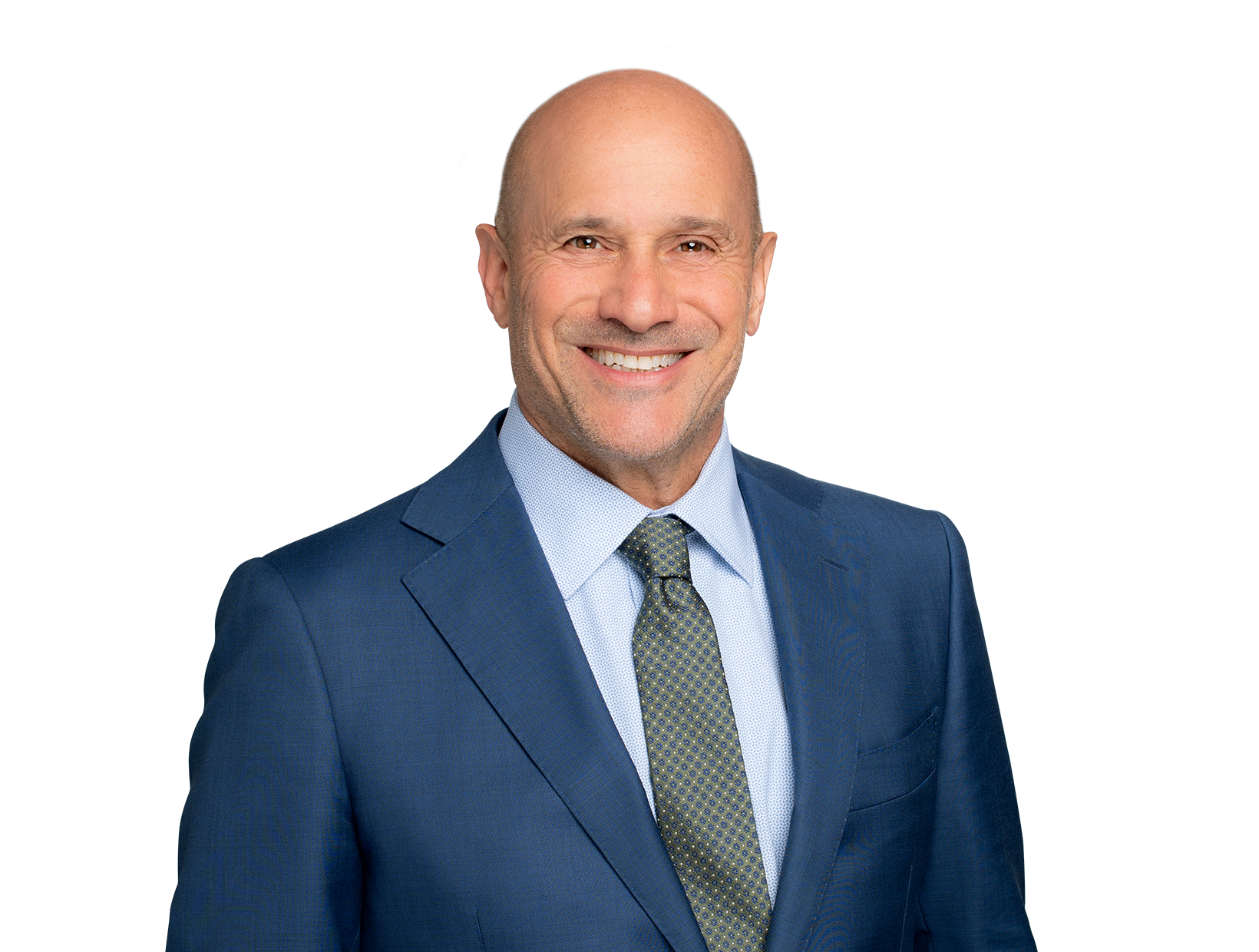The SDCA in Gen-Probe Inc. v. Becton Dickinson & Co., Case No. 09-CV-2319 BEN NLS and 10-CV-0602 BEN NLS (S.D. Cal. November 26, 2012), ruled on Daubert motions by plaintiff Gen-Probe and defendant Becton Dickinson ("BD") regarding damages issues. The court denied both motions.
Gen-Probe moved to exclude testimony concerning alleged two comparable licenses by BD's experts Dr. Julian Gordon and Dr. Alan Cox. The licenses had a relatively tenuous connection to the litigation because they (1) did not appear to involve the parties to the lawsuit; (2) did not involve the patents-in-suit; (3) arguably involved different technology; (4) were licenses that "arose out of litigation"; and (5) allegedly "failed to address the different economic structures of the licenses from the hypothetical license of Gen-Probe's asserted patents." The court concluded Gen-Probe's concerns were "appropriate fodder for cross-examination," observing that a "perfectly comparable agreement is rarely available." (Latter quote taken from Synthes USA v. Spinal Kinetics, Inc., LLC, No. C-09-01201, 2011 U.S. Dist. LEXIS 93093, at *29 (N.D. Cal. Aug. 19, 2011).) The court found the licenses at least "marginally comparable" one of the was licenses was directed to one step of automated nucleic acid amplification testing, whereas the patents were directed to fully automated nucleic acid testing; the other license involved a patent that BD asserted was invalidating prior art. The court was persuaded to some extent by the invalidating patent, reasoning that such prior art "is not 'radically different'" from the technology in the patents-in-suit. Finally, the court mentioned that the two licenses involved running royalties, which "provide some basis for comparison." The court concluded the challenges were better directed to weight than admissibility. (Citing Datatreasury Corp. v. Wells Fargo & Co., No. 2:06-CV-72, 2010 WL 903259, at *2 (E.D. Tex. Mar. 4, 2010); Layne S. Keele, Res"Q"ing Patent Infringement Damages After Resqnet: The Dangers of Litigation Licenses as Evidence of a Reasonable Royalty, 20 TEX. INTELL. PROP. L.J. 181, 184 (2012) ("Courts and scholars have trended toward allowing litigation licenses to be used as evidence of a reasonable royalty.").)
Another interesting part of the opinion centered on BD's motion to exclude testimony by Gen-Probe's expert in which the expert, Michael Wagner, apparently relied on a profit splitting approach i.e., Nash bargaining. The court observed that Mr. Wagner's methodology was "based on a combination of real world observation and the Nash bargaining solution." After explaining that Nash bargaining has been "criticized as impenetrable," citing Oracle Am., Inc. v. Google Inc., 798 F. Supp. 2d 1111, 1120 (N.D. Cal. 2011), the court noted that a different NDCA case (Mformation Techs., 2012 WL 1142537, which has been summarized in another post on this blog) allowed Nash bargaining to be used "in addition to, rather than in lieu of," other considerations. However, the Gen-Probe court went further and allowed Mr. Wagner's Nash-based approach: "The Court agrees with Gen-Probe that Mr. Wagner's analysis is tied to the facts of the case. It will not exclude his testimony on this ground."
One last point of note. The court allowed Mr. Wagner to testify on the entire market value rule where he apparently based his analysis on the smallest salable article the accused BD assays. The court concluded: "Because Gen-Probe provides some evidence that would support application of the entire market value rule, the Court will not exclude Mr. Wagner's testimony on this ground. See Ergotron, Inc. v. Rubbermaid Commercial Prods., LLC, No. 10-2010, 2012 WL 3733578, at *14 (D. Minn. Aug. 28, 2012) ("Whether the patented components drive customer demand or substantially create value for the Accused Products is a disputed factual question."). Becton Dickinson is welcome to probe Mr. Wagner's conclusions on cross-examination."
